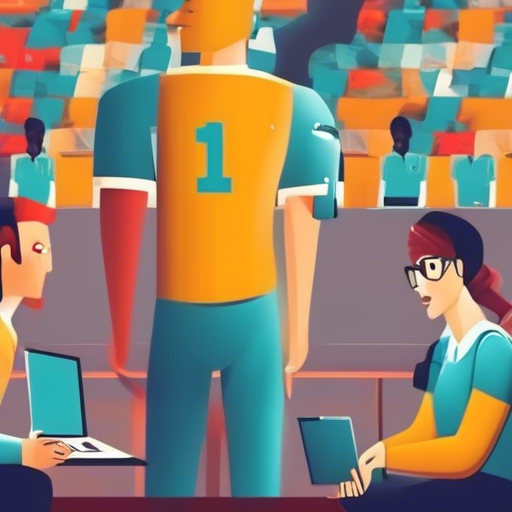Ethical Reflections: Balancing Fair Play and Cheating in the Digital Age

Ethical Reflections: Balancing Fair Play and Cheating in the Digital Age
Welcome to our in-depth exploration of the ethical dilemmas surrounding fair play and cheating in today's digital landscape. As technology continues to advance, the lines between what is considered fair and what constitutes cheating have become increasingly blurred. In this article, we will delve into the complexities of this issue, examining the impact of cheating in various domains and discussing strategies to promote fair play in the digital age.
The Rise of Cheating in the Digital Age
Cheating has always been a part of human behavior, but the digital age has brought new dimensions to this age-old problem. With the proliferation of online platforms, social media, and gaming communities, individuals now have unprecedented opportunities to engage in dishonest practices. From academic dishonesty to cheating in online games, the digital age has opened up new avenues for individuals to gain an unfair advantage.
- Online cheating statistics reveal that approximately 68% of young people admit to having cheated in online games.
- Academic cheating has also seen a significant increase, with reports indicating that 95% of students have engaged in some form of cheating.
This trend raises important questions about the impact of cheating on individuals, communities, and society as a whole. It erodes trust, undermines the value of hard work, and distorts the concept of fair competition.
The Ethical Implications of Cheating
Cheating not only has practical consequences but also carries significant ethical implications. When individuals resort to dishonest means to achieve their goals, they compromise their integrity and moral values. Moreover, cheating can have far-reaching consequences, affecting not only the cheater but also those around them.
It is essential to recognize that cheating is not just a violation of rules; it is a betrayal of trust and a reflection of one's character. In a world where integrity and honesty are increasingly undervalued, upholding ethical standards becomes more crucial than ever.
Strategies for Promoting Fair Play
While the prevalence of cheating in the digital age poses a significant challenge, there are strategies that individuals and communities can adopt to promote fair play and integrity.
- Educational Campaigns: Increasing awareness about the consequences of cheating through educational campaigns can help deter individuals from engaging in dishonest practices.
- Emphasizing Values: Instilling values such as honesty, integrity, and respect in individuals from a young age can foster a culture of fair play.
- Implementing Fair Policies: Organizations and institutions can play a crucial role in promoting fair play by implementing and enforcing policies that discourage cheating.
By taking proactive measures to address the root causes of cheating and promote ethical behavior, we can create a more just and equitable society for future generations.
FAQs
What are the consequences of cheating in the digital age?
Cheating in the digital age can have wide-ranging consequences, including eroding trust, distorting the concept of fair competition, and compromising one's integrity and moral values.
How can we promote fair play in the digital age?
To promote fair play in the digital age, it is essential to increase awareness about the consequences of cheating, emphasize values such as honesty and integrity, and implement fair policies that discourage dishonest practices.
